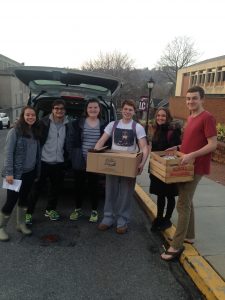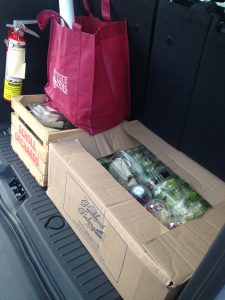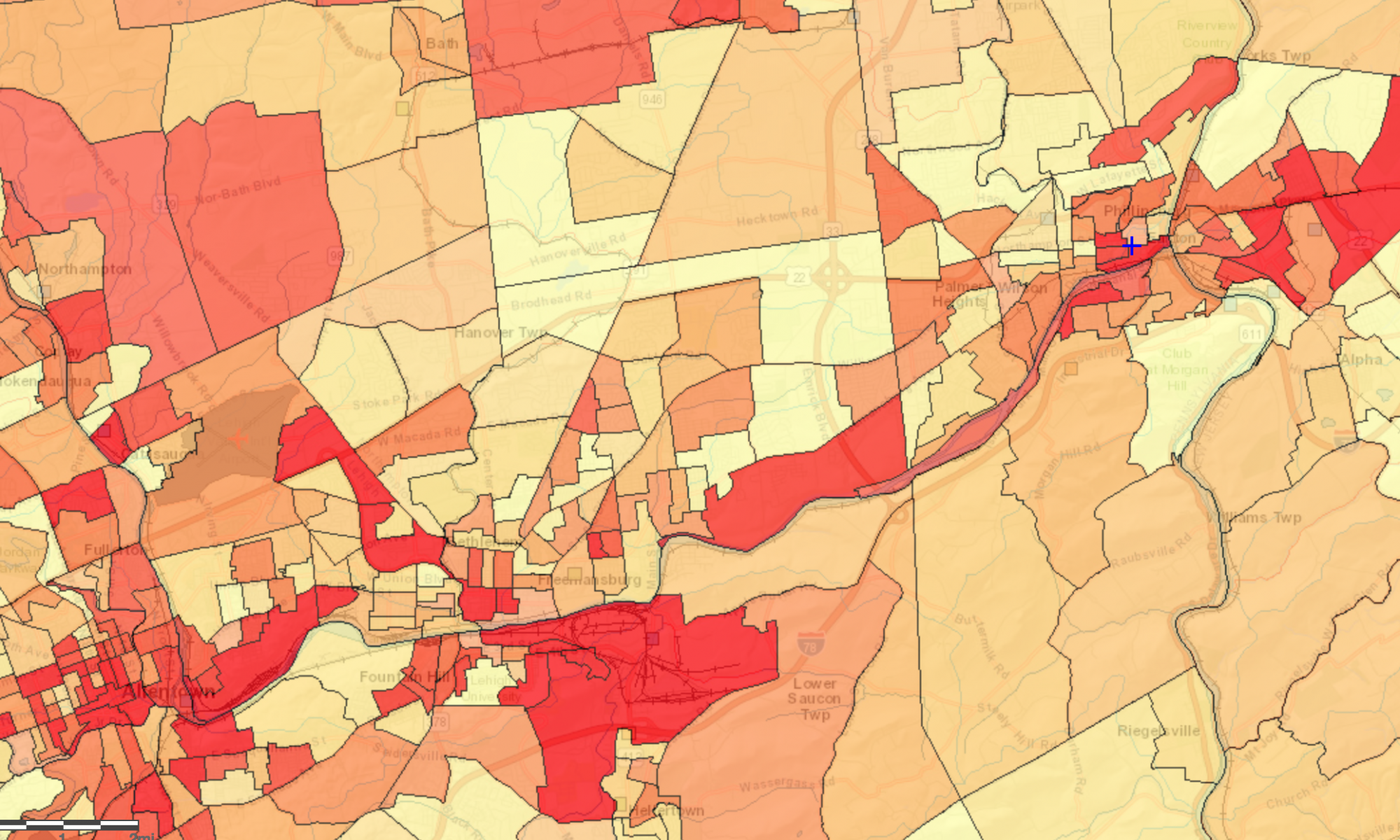Food Recovery: redistributing surplus food that is never distributed to others who need it
What has been done so far:
In Spring 2017, Lafayette became a chapter in the Food Recovery Network, joining in a nationwide deliberative approach to reducing food waste. In this first semester, students have carried out six successful recoveries, bringing nearly 190 lbs of food to Safe Harbor Shelter in Easton. Currently student volunteers bring the food from Lower Farinon to a Landis van, which in turn delivers the food to Safe Harbor. The food comes from the cafe-style dining halls and from large school events.


The first food recovery at Lafayette took place on March 27, 2017. 36 lbs worth of salads, sandwiches and yogurt parfaits were delivered to Safe Harbor.
Next steps:
- Consolidate volunteer efforts to a single organization to improve coordination and enable expansion.
- Expand the food recovery to all campus dining halls, not just to-go meals. Ultimately, the goal is to recover all leftover nutritious food on campus that is still safe for consumption.
- Do more than one recovery per week to recover deliver as much food as possible to Safe Harbor. The Landis van goes to Safe Harbor twice a week, so continuing this partnership will allow for at least two recoveries a week.
- In a pluralist approach, the college should host open meetings in which community members can express comments or concerns regarding the management of food surplus on campus.
